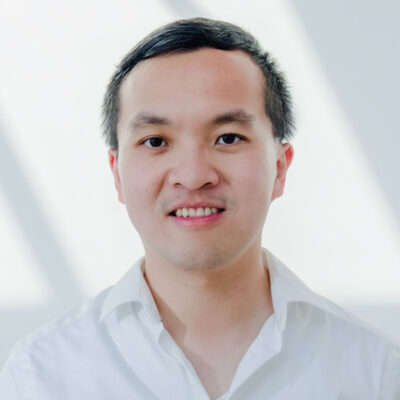
Postdoctoral Scholar (2024–2026)
Zhexun Mo is an economist whose research lies at the intersection of political economy, public economics, development economics, and economic history, with a focus on the long-run dynamics of inequality and development. His work examines how political and institutional forces shape income, wealth, and human capital inequalities over time, including the legacy of colonial conscription and forced labor in Africa, the historical measurement of income and wealth inequality in East Asia, and the cultural determinants of redistributive preferences in China and France.
He has published in the European Journal of Political Economy and has a paper forthcoming in the Journal of Public Economics. He received his Ph.D. in Economics from the Paris School of Economics in 2024.
In the fall of 2026, Mo will join the Department of Economics at Université Laval in Quebec City, Canada, as a tenure-track assistant professor.
Mo joined the Stone Center in the fall semester of 2024.
Areas of Expertise
Economics of Inequalities
National Wealth
Redistributive Preferences
Colonial Legacies
Economies of East Asia
- Stone Center Working Paper Series. no. 115: When Facts Fail: Experimental Evidence on Perceptions and Preferences towards Chinese Investments in Germany
- Stone Center Working Paper Series. no. 114: Human Capital, Unequal Opportunities, and Productivity Convergence: A Global Historical Perspective, 1800–2100
- Stone Center Working Paper Series. no. 113: Income Inequality in South Korea, 1933–2022: Evidence from Distributional National Accounts
- Blog Post: Socio-Economic Inequality in China Through a Cross-National Lens: Stone Center Workshop
- Journal Article: Reform Windfall as Redistribution: A Survey Experiment on Redistributive Preferences in Contemporary China
- Interview: Zhexun Mo on How the Chinese Public Views Inequality and Redistribution
- Stone Center Working Paper Series. no. 97: Reform Windfall as Redistribution: A Survey Experiment on Redistributive Preferences in Contemporary China
- Stone Center Working Paper Series. no. 96: Enforcing Colonial Rule: Blood Tax and Head Tax in French West Africa
- Stone Center Working Paper Series. no. 93: Non-Meritocrats or Choice-Reluctant Meritocrats? A Redistribution Experiment in China and France


